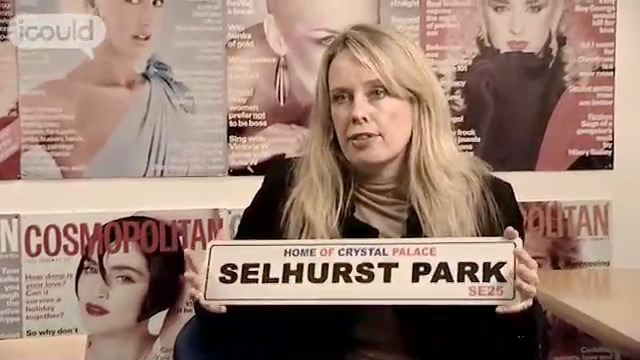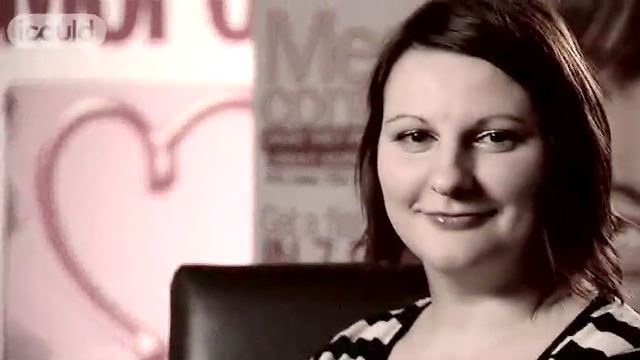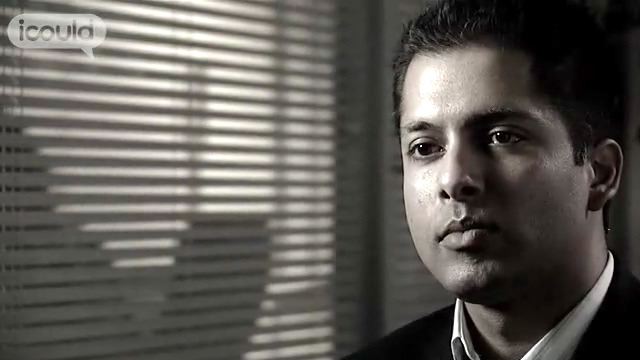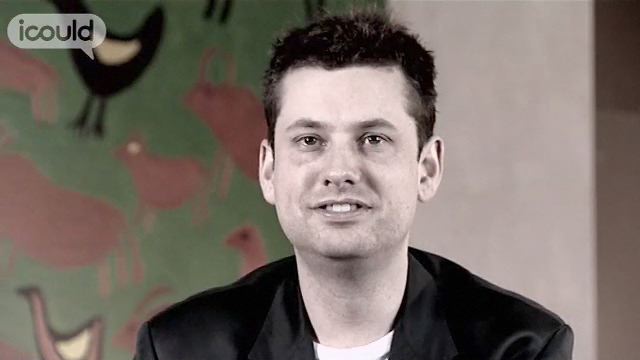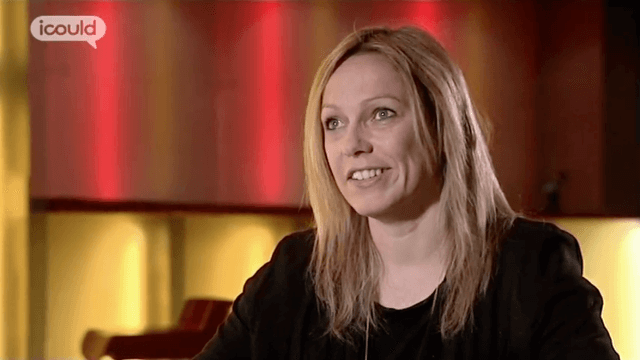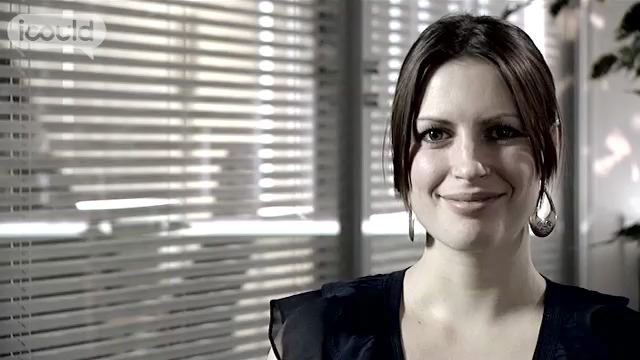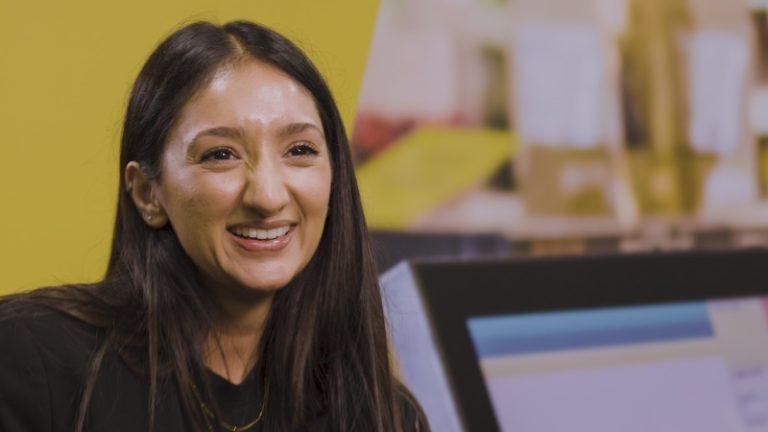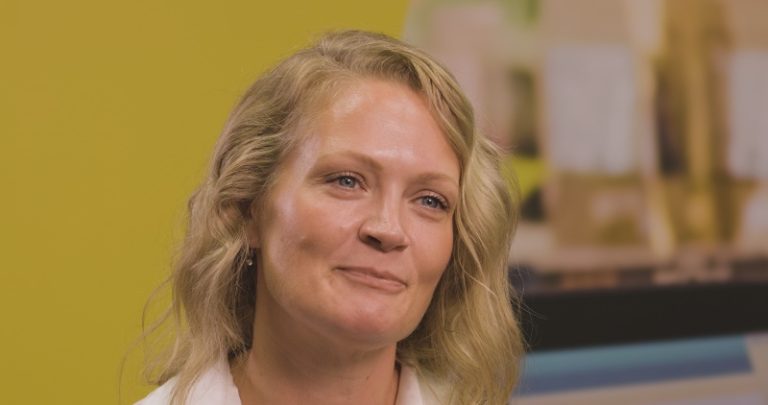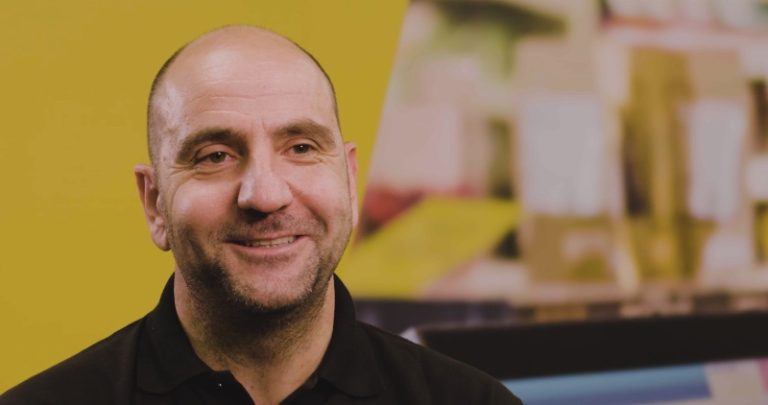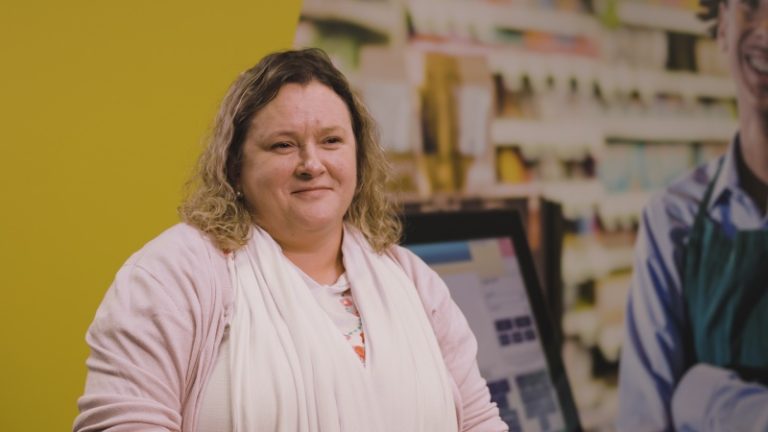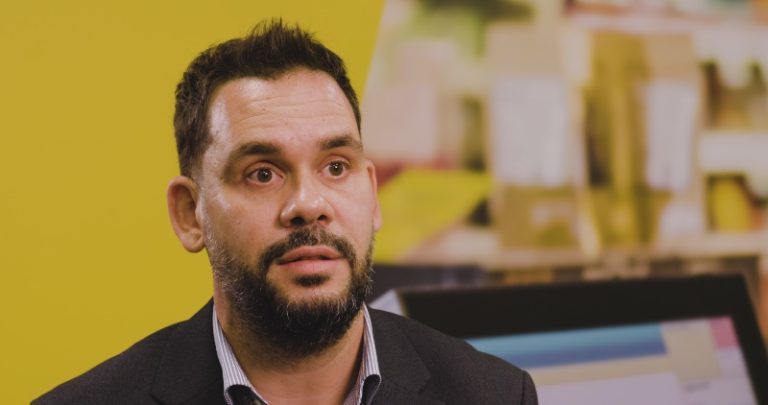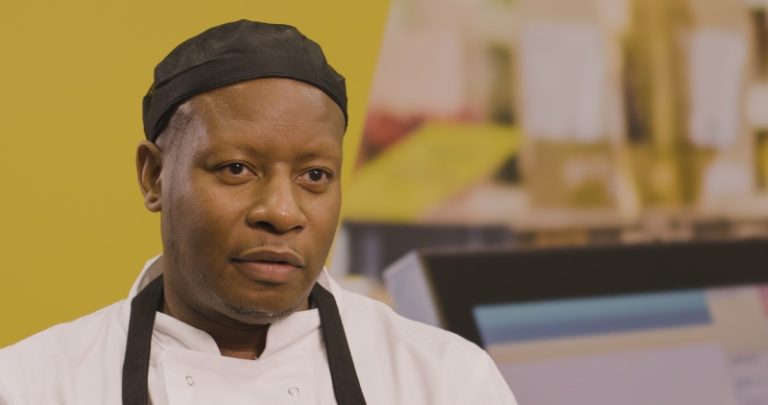Broadcaster & Journalist
Coconut Communications
Martin P
0.00.03 My name is Martin P, I work as a broadcaster and journalist, but also I run my own communications agency giving advice to individuals that might be in the news and might have a problem with the news and advise them about how to make their experience of being in the news of little less scary. My father worked in electronics, he works for a company, or worked for, a company called Phillips which work in electronics making everything from TVs to DVD recorders, that kind of thing.
00.00.34 And he had gone to university. My mother wasn’t particularly career orientated, her career was looking after me and my brother. I suppose there was an expectation from my family, probably more specifically my father, that I would go to university coming from a sort of good middle class background, the expectation was that you would go University, you needed to go to university in order to succeed. And, you know, actually now, I often regret having gone to university.
00.01.04 I would have preferred not have gone to university and spent those three years doing something else. I don’t think university was actually for me personally, a particularly useful experience. I often wonder whether actually my career might have had a more interesting path. The key point in my career, and where it all started to change, was when I was 15 years old and I saw the film the Blue Lagoon, which is this rather sort of slightly naff film in many respects telling the story of a boy and a girl who get cast away on a desert island and grow up, fall in love and actually have a baby.
00.01.43 And I saw this film when I was 15, was really unhappy at school, and was looking for some kind of escape, a means of getting away from school, and I thought well there it is, that is what I’m going to do, I’m going to go off and live on a desert island. And that is really, I suppose what started a chain reaction, and led to where I am today.
00.02.02 And by that time I had started to think about working in television, just because it seemed like a good way to earn a living, and so got a commission from the BBC to go off and make a film about it. And then when I was actually out living on my desert island, the newspapers in the UK heard all about it, and it became a great media sensation. And basically I ended up with all these journalists from newspapers flying out from the UK to come and visit me on my desert island.
00.02.34 And I remember thinking, you know, these guys are being flown all the way across the world, and having this great adventure and being paid for it, and that made me think you know what, ‘that’s what I want to do, I want to be a journalist to get paid for going off and having adventures’. I went to university after I lived in the Pacific, after university I went and worked for a couple of MPs at the House of Commons as a researcher.
00.03.03 I did that for a year, and then I joined the BBC as a graduate trainee, and worked as a journalist in local radio and regional TV, working my way up through different jobs, working as a producer, and then as a reporter. Then I joined ITN Channel 5 news as a reporter, and after I had been doing that job for about a year I started working as a presenter, and that was really the beginning.
00.03.31 I would like to think that when my career is over and I am buried 6 foot under, it won’t just have ‘Martin was famous for going to a desert island’ because today although I am very proud of it, that is the sort of the thing which has sort of branded me so far. I like to think that the best thing about my career is yet to come, and I don’t know quite what it is, but I think it is out there and it’s waiting to happen.
When Martin P was just 15 years old he saw the film ‘The Blue Lagoon’ and decided he too wanted to live as a castaway on a completely uninhabited Pacific Island. This “started a chain reaction” which has seen him go from working as a researcher at the House of Commons to presenting the news for BBC News Channel, Five, BBC World and SKY News.
More information about Librarians
The UK average salary is £29,813
There are 37.5 hours in the average working week
The UK workforce is 47% female and 53% male
Future employment
- Selects and arranges for the acquisition of books, periodicals, audio-visual and other material
- Collects, classifies and catalogues information, books and other material
- Prepares and circulates abstracts, bibliographies, book lists, etc.
- Identifies the information needs of clients, seeks out and evaluates information sources
- Establishes information storage systems to deal with queries and to maintain up to date records
- Manages library borrowing and inter-library loan facilities
- Promotes library services through displays and talks
- Provides learning and cultural experiences through events such as author talks, reading groups, formal and informal teaching
